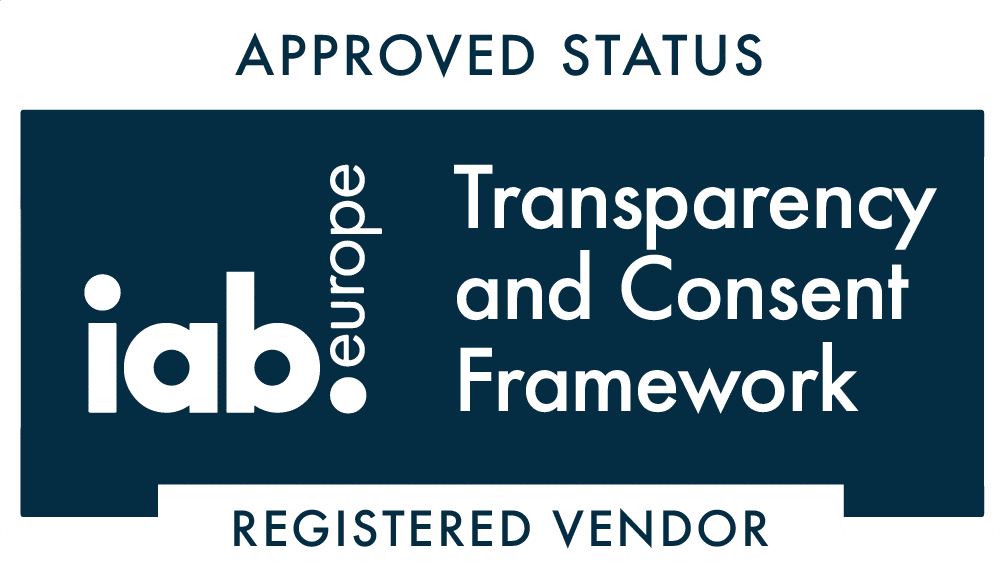This week Google released a new update to its search engine and this has caused concern among some publishers – it seems that Google is penalising websites that display too many adverts. Google has not made any official statement regarding the update – it is the SEO community that has decided to call this update “Fred”.
Why Fred?
The reason why “Fred” has been chosen is because Gary Illyes, Google’s current webmaster trends spokesperson, said that from now on he was going to call all Google updates “Fred”, simply because he was fed up with SEOs constantly asking him what the latest update was called. The SEO community is rather obsessed with naming each update that has a noticeable affect, even though Google keeps reminding webmasters that it actually makes a couple of updates to the search engine every day. The most recent one was really not all that important, unless of course, it affected you!
Why has Google’s Fred update rumbled publishers?
So far the best analysis of this update that we have seen has been provided by Barry Schwartz on the Search Engine Roundtable blog. He examined 70 sites that had been affected, and found that a majority of these sites were content driven sites with a lot of adverts. Schwarz’s opinion is that many, if not all, of the sites affected were built specifically to make money from advertising. This has caused many to suggest that the update is targeting ad publishers (read on).
The so-called “Fred” update appears to have a few similarities with Panda updates, in that it is looking at how content is managed across a domain. It is possible that Google is now capable of identifying when content is created purely for generating advertising revenue. That might not mean that the ads are the problem, but low-value churned out content that only exists to run ads on might be.
There are a few more clues to be had from Gary Illyes twitter stream (which also contains a lot of fish pictures). Three tweets in particular stood out to us:
DYK that you can rank well with short content, too? Long form content is not always the answer. pic.twitter.com/tpb1D06iiW
— Gary 鯨理/경리 Illyes (@methode) March 9, 2017
This tweets suggests that Google no longer favours sites that provide nothing but “blog content” (An overused term by those buying low-value content for ad-funded sites). A few years ago, after the first to the Panda updates, many SEOs decided that Google favoured content rich pages with at least 500 words. Panda penalised thin content, and the solution was to write blog posts and surround them with adverts and affiliate links. To many, this tweet is suggesting that Google’s recent work to better understand the meaning of content had paid off and a good, short page should do as well as one that has been padded out for Google’s benefit.
DYK users rarely like "buy Viagra without prescription in a Narnian casino" kind of comments? Burn those! Burn those comments with fire! pic.twitter.com/BfPWxrRS1K
— Gary 鯨理/경리 Illyes (@methode) March 11, 2017
Comment spam is often cited as a “broken windows” indicator; that is that sites with low quality comment spam are less likely to have quality output. Comments can be valuable to a website as they deliver fresh content, plus differing opinions, which Google likes. But, on the flip side, if comments are not properly moderated comment spam creeps in. The “burn those comments with fire” advice certainly suggests that they are being used as a strong indicator of some form and publishers should take steps to properly managed user generated content.
DYK there's no inherent problem with affiliate links? The problem is when a site's sole purpose is to be a shallow container for aff links pic.twitter.com/y149XZ0JP6
— Gary 鯨理/경리 Illyes (@methode) March 14, 2017
The third tweet is targeted at affiliate advertisers. As well as earning revenue through banner and text ads via services such as AdSense and DFP, many professional bloggers write content to drive readers to websites via affiliate links, which earns them a percentage of sales revenue. Google has always said that it has no problem with webmasters earning money through affiliate links, or any other form of advertising, so long as it follows Google’s quality guidelines. The problem arises when webmasters add no value and simply republish content with affiliate links in it. At OKO we use the acid test of whether the content would exist without the affiliate content and this tweet seems to support that approach.
We only work with ad-supported websites and have seen none of the rapid traffic drops in our clients that others are reporting. Publishers can rest-assured that ads themselves aren’t the problem, but that there are pitfalls that some ad-funded sites could fall into. Google is not penalising news and magazine sites for aggressive advertising, and as far as we can see, it is not penalising any other publishers who are running good quality websites. Instead, it appears it is specifically targeting sites that fail to add value.
Such sites won’t go away though. The Internet has changed in recent years, and many of the websites that are affected now receive a majority of their traffic from social media. Whatever quality controls Google place on search results, this will have no impact on traffic from Facebook and other sources that apply their own set of standards.
If you have been affected, please do get in touch with us. If your content is good, you may find that there are better advertising options available to you that provide an improved user experience and still deliver generous advertising rates.






